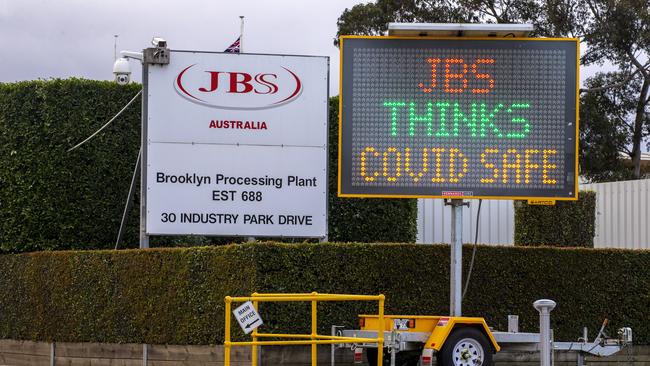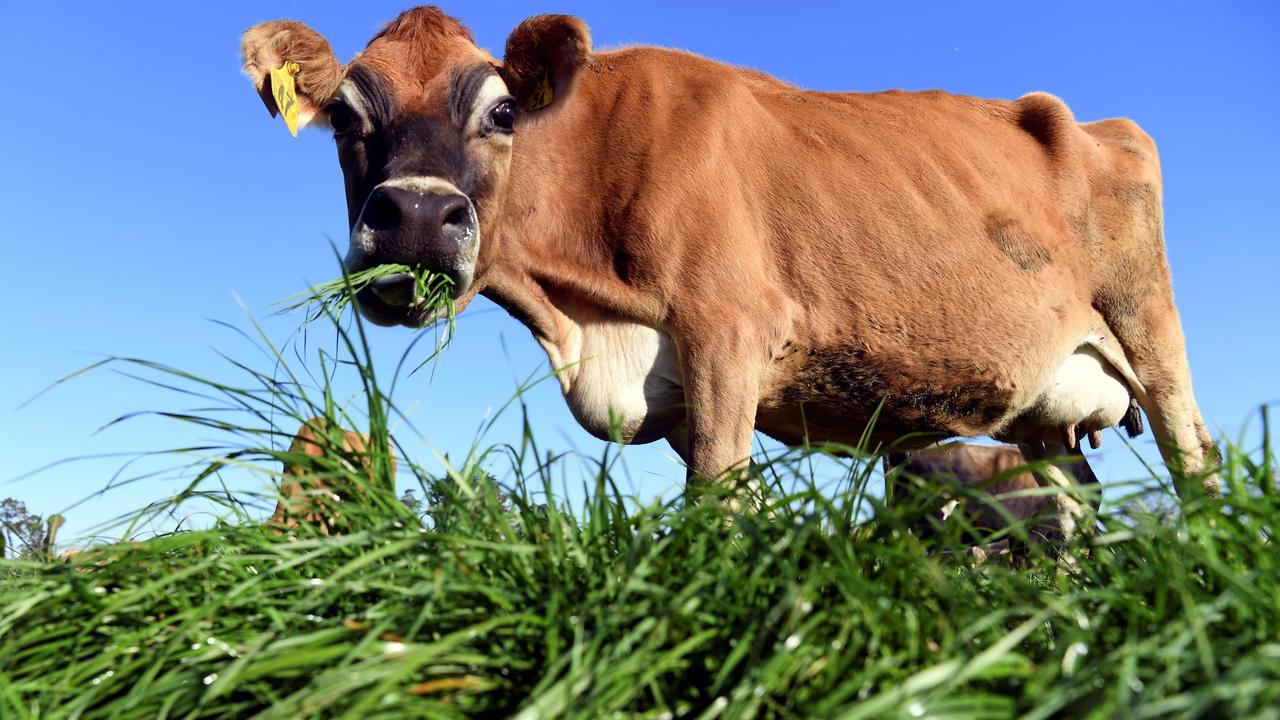Workforce flexibility for regional abattoirs and meatworks
Strict regulations designed to reduce abattoir and meatworks workforce numbers may not apply for businesses in regional Victoria. Here’s what we know.

REGIONAL abattoirs have been granted more flexibility than their metropolitan counterparts when it comes to reducing workforce numbers.
Last week, Department of Health and Human Services, Agriculture Victoria and the livestock industry negotiated a resolution for regional processing plants, that allows reductions to be calculated in weekly, rather than daily, blocks.
Australian Meat Industry Council chief executive Patrick Hutchinson said the decision meant processing plants in regional Victoria “instead of operating and showing a one third reduction daily are now allowed to show a one third reduction on a weekly basis”.
“That may mean you can operate at a high level … for four days, and then be closed for a day. That allows more vulnerable animals to be managed for animal welfare reasons,” Mr Hutchinson said.
According to the State Government, abattoirs and meat processing businesses in regional Victoria must reduce daily workforce capacity by a third.
However, if there are animal welfare issues that cannot be managed within this daily workforce reduction, an abattoir can apply to the Chief Vet to use weekly workforce figures instead.
According to the State Government, if the Chief Vet is satisfied there is an animal welfare issue, the abattoir will still be required to reduce their workforce capacity; however this can be applied over their usual days of operation in a week.
For example, a business could operate with 80 per cent of staff on site from Monday to Thursday and 15 per cent on Friday, bringing the weekly total to 67 per cent.
Mr Hutchinson said aside from a cluster of COVID-19 cases, regional Victoria was not as affected by cases as metro Melbourne. “There’s been basically nil issues at regional abattoirs, other than Australian Lamb Company,” Mr Hutchinson said.
“We put that position forward, that epidemiologically speaking that needs to be the basis (for decisions), not public opinion. We need things to be done based on risk mitigation.”
More than 760 coronavirus cases have been linked to 14 Victorian meat processing plants.
According to DHHS, of the total coronavirus cases in Victoria, 15,648 cases are from metropolitan Melbourne, while 1021 are from regional Victoria.
Cases linked to metropolitan meat processing plants include 205 cases linked to Bertocchi Smallgoods in Thomastown, 145 cases linked to JBS in Brooklyn, 53 cases linked to Golden Farms Poultry in Breakwater, 33 cases linked to Ingham’s Chicken in Thomastown, and 31 cases linked to Hazeldene’s Chicken Farm in Bendigo.
MORE
YOUNG CATTLE PRICES BREAK NEW RECORD



